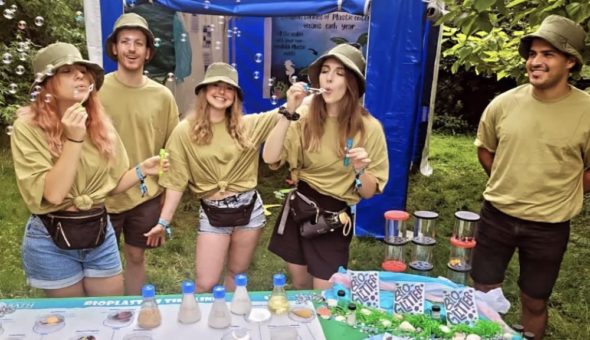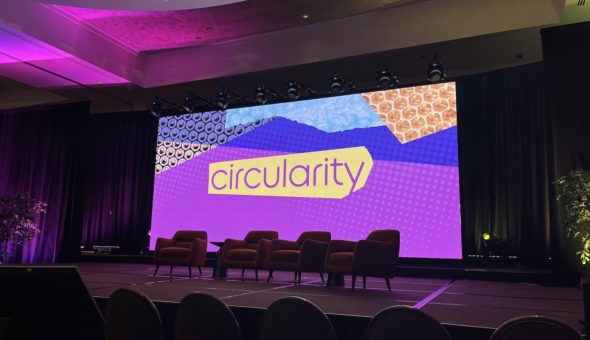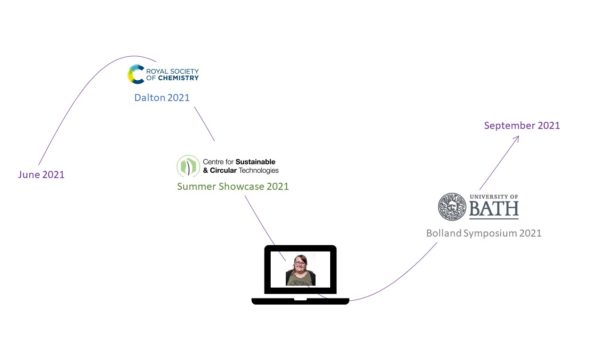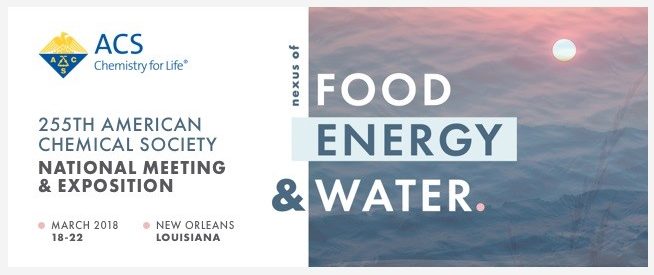
One humid Sunday in March 2018, 16,585 chemists gathered in New Orleans for the 255th National Meeting of the American Chemical Society. The ACS holds meetings twice a year, and the theme of this Spring meeting was “Nexus of Food, Energy and Water”, attracting researchers from hundreds of countries.
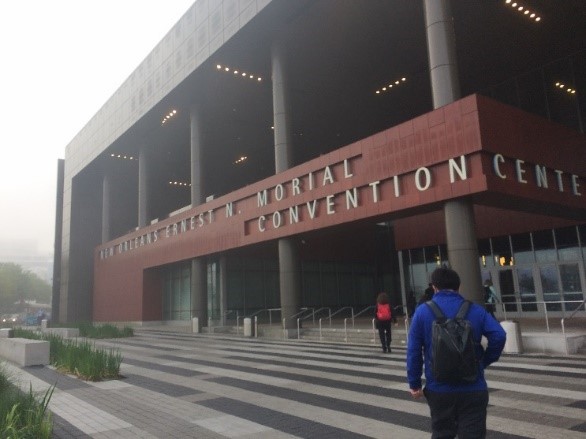
Although the scope of the ACS meetings tends to be huge, encompassing the entire field of chemistry and the chemical sciences, the conference is split into a large number of much smaller, highly specialized sessions, grouped within the ACS’s 32 Divisions. My research is focused on the production of renewable fuels from marine biomass, so I spent most of my time migrating between the sessions held by the Divisions of Energy & Fuels, Environmental Chemistry, and Renewable Materials, although I dipped my toes in a few sessions on catalysis (terrifying, as I haven’t encountered inorganic chemistry since my Masters).
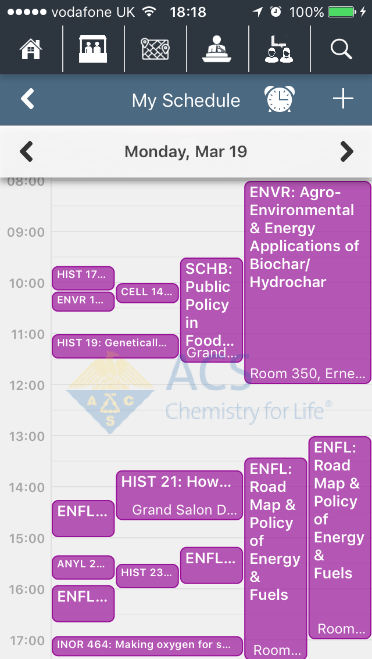
The first thing to note about the ACS is that it is huge. With hundreds of parallel talks and panel discussions, it was immensely difficult to decide what talks to go to, and impossible to see everything that I wanted to see. A specially designed timetabling app made this task a little easier – although my timetable for Wednesday still ended up looking a little hectic!
As I quickly learned while ducking out from the session on Bioenergy and Bio-based Chemicals to “quickly” attend a talk on phosphorus recovery from biowastes, the Ernest N. Morial Convention Centre is 1 km long, covering 3 million square feet of space… and consequently, some rooms took a little longer to get to than expected!
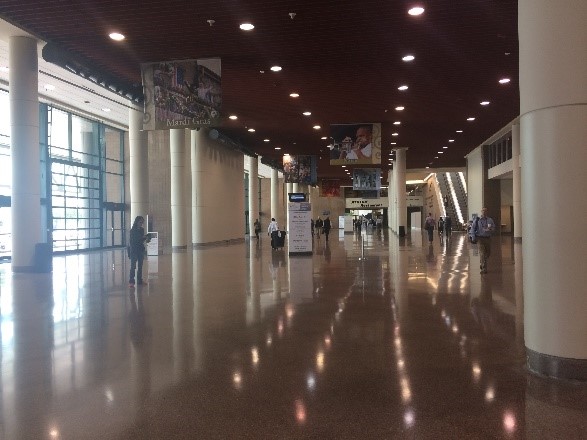
I gave a presentation on the first day of the conference, titled “Hydrothermal liquefaction for marine macroalgal biorefinery”. The small, highly specialized sessions meant that your audience consisted of people who are genuinely interested in your specific work, including experts in the field, but also contributes to an incredibly friendly and supportive environment. This meant that the post-presentation discussion was both interesting and productive, giving me ideas for new avenues of research to explore. After this, I was lucky enough to be invited to attend the Energy & Fuels Division Dinner, which provided both delicious food and great networking opportunities.
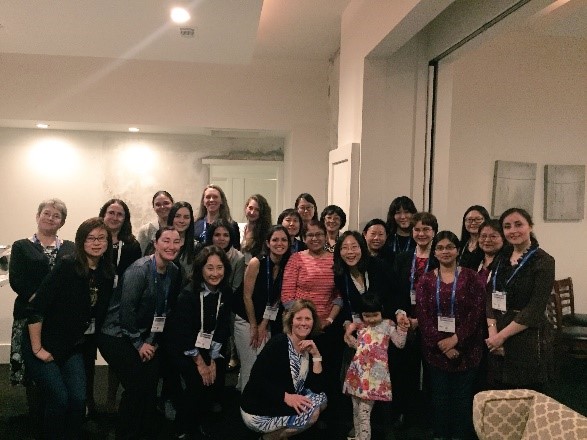
Aside from some cutting-edge research on the thermochemical processing of biomass (my favourite) from researchers at the Pacific Northwest National Laboratory, who first pioneered the process of hydrothermal liquefaction in the 1980s, I attended talks by renowned scientists such as C. Arden Pope, one of the world’s foremost environmental science experts. His work was crucial in establishing the connection between particulate air pollution and human respiratory health, and continues to be a major influence in environmental policy across the US and Europe, and the establishment of emissions standards.
Another memorable session included talks by Charles Hall, who uses his scientific background to examine increasing global civil unrest and political violence, and identify the causes in biophysical factors like fossil fuel overuse, climate change and industrial food production. I find this sort of far-reaching, high-impact application of scientific methods to global problems absolutely fascinating, and apparently some others did too.
Amongst all the brilliant talks and poster sessions, I had just about enough time to sample a bit of local cuisine:

Listen to some jazz:
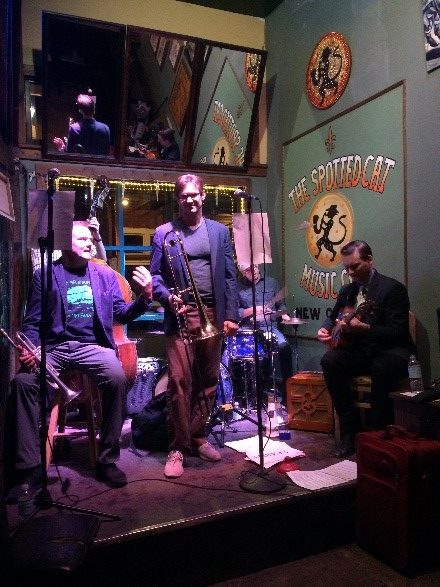
And meet some friendly locals:
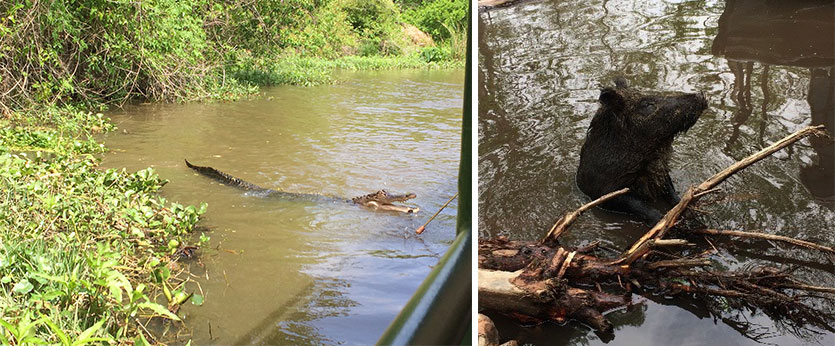
I had an amazing time at the ACS – probably the biggest and most overwhelming conference I have ever been to, but I would recommend it to anyone.
P.S. TRUE SCIENCE
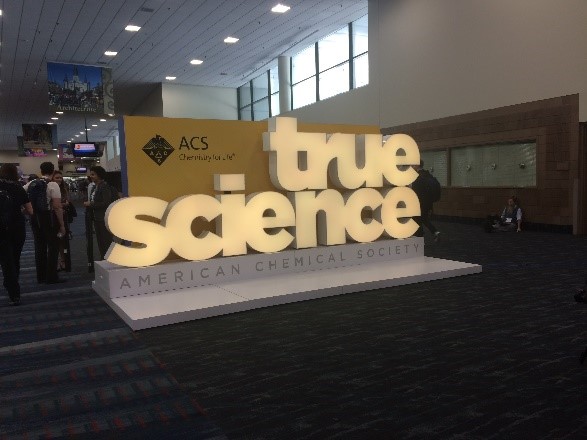
Respond
